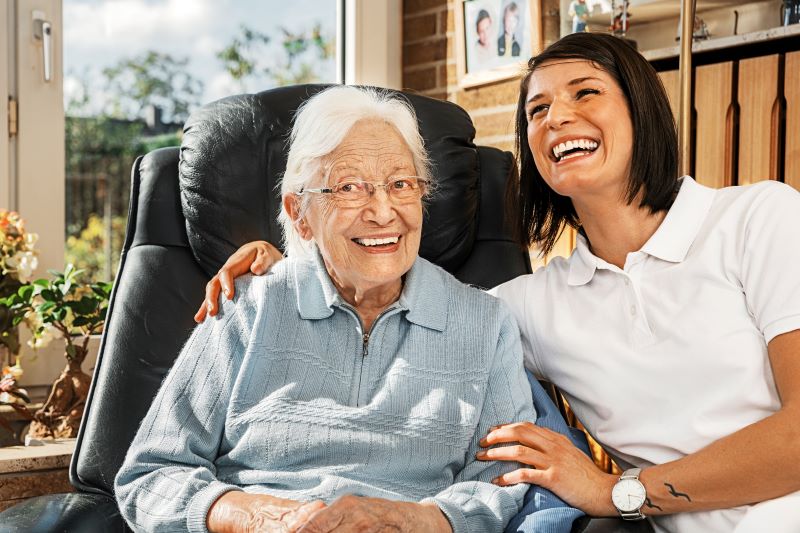- 5 Star Home Care COVID-19 Update PLEASE CLICK HERE
What it’s like to live with Alzheimer’s
Tell-tale signs that an elder needs in-home care
July 13, 2018Ensuring The Online Security And Safety Of Seniors
July 15, 2018People who haven’t experienced Alzheimer’s first-hand may think that it’s just a simple case of losing memory. The disease is so much more than that – a person slowly loses every piece of their personality and capability. Losing memories is just the beginning. However, there are many things that sufferers and their families can do to make living with the disease easier.
Susan from Philadelphia, whose mother needs Alzheimer’s care, told us: “My mom just can’t understand why everyone’s against her. She thinks me – her only daughter – is trying to hurt her. She’s confused because she thinks she can’t trust anyone. She imagines people hiding in her attic and children stealing ice creams from her freezer. It’s upsetting to see her when she’s not in control of her own mind.”
Mildred lost her husband Geoffrey twenty years ago, and became more withdrawn as her years of living alone increased. A very active elder in Philadelphia, she didn’t need care for many years. After about ten years of living alone, the memory loss started. Susan told us:
“At first, it’s hard to know what’s normal memory loss due to old age and what’s really a problem with a person’s brain. It’s hard to think that your own mom might be getting ill. My mom in particular was very clear that she didn’t want any help from outside the family, so we rarely talked about the issue. It became a bit of a family taboo.”
This scenario often happens with families, when elders are in denial of their condition and skeptical about diagnosis, treatment and care. It’s important for people to know that a person’s chances of living well for longer with degenerative brain disease increase the sooner they are diagnosed. So people who have a feeling something’s wrong should encourage relatives or friends to go for a simple memory test.
Once any form of dementia is too far progressed, it becomes harder for people to recognize that there’s anything wrong with them. When it gets to this stage, it’s harder to get appropriate help at home.
Even if loved ones seem well now, it’s a good idea to start thinking about a care plan for later in life. People now live healthily and happily at home for much longer. It’s possible to hire people to come round, make some toast and stay for a cup of coffee. Sometimes just a bit of company and conversation once or twice a week is enough to keep an older person mentally active.
People are advised to look out for the signs and symptoms and get help if they’re in doubt. The long-term health of their loved ones depends on it.



